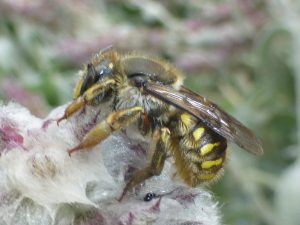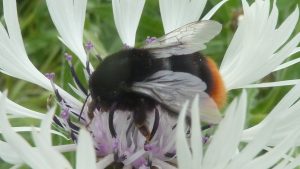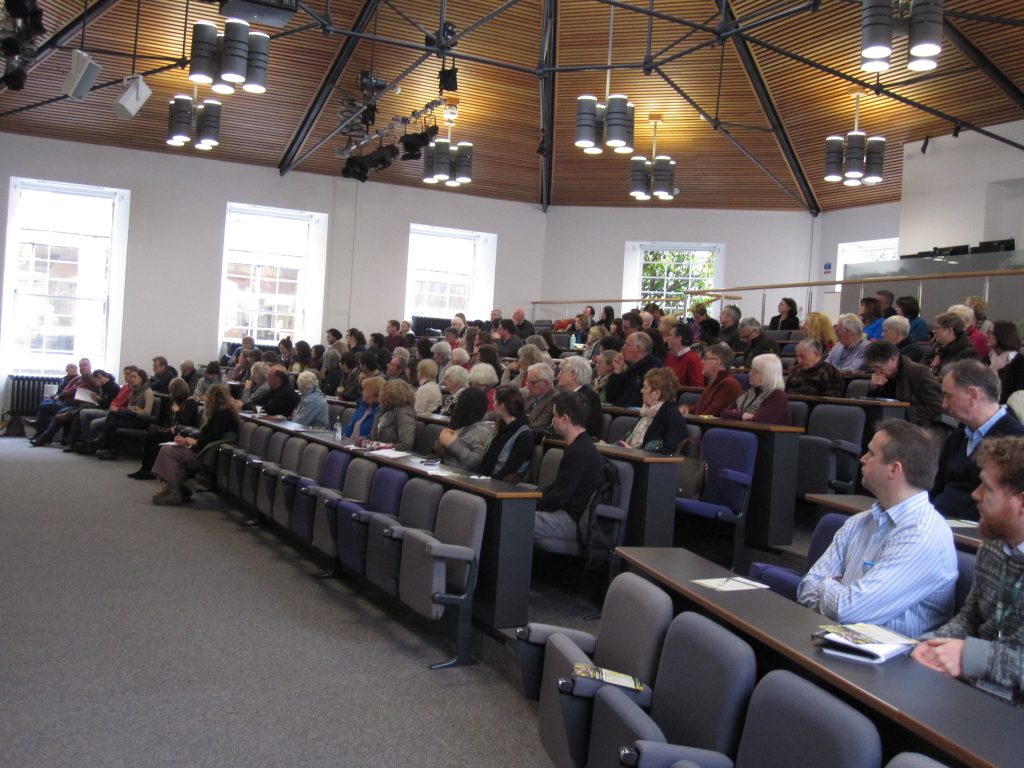Watching bees visitng flowers is something to look forward to in the run up to spring. Their choices are far from random and they will specialise in whatever happens to be most productive at the time. There is now evidence to suggest that bees know whether a flower has recently been visited through changes in electrical charge that occur when insects visit flowers. A recently visited flower may not have replenished its energy-rich nectar and would represent a wasted visit for the bee. Bees are aiming for maximum pollen and nectar rewards for minimum time input. This drive for efficiency is what makes bees such good pollinators and leads to their central role in the production of our many insect pollinated crops.
Fewer bees would not only make the world a less interesting place, but would have implications for the reproduction of wild plants and our food security. There is evidence that bees have been in decline across Europe and local extinctions are occuring. The UK has lost two bumblebee species and others have much reduced distributions. The new Urban Bees exhibition at the Garden is aiming to show how important wild bee species are and what we can do to help them.
Actions to support bees at the Garden include the use of wildflower seed mixes to establish a First World War commemorative poppy field that contains a range of cornfield annuals. These colourful summer displays act like magnets for bees and other pollinators and demonstrate how rapidly good forage for bees can be created. Permanent meadows with wildflowers have been sown in the Fruit Garden and special planting of Stachys for the benefit of wool carder bee has been added at the margins.
To find out more about our programme of bee events visit the Bees at the Botanics webpage.



